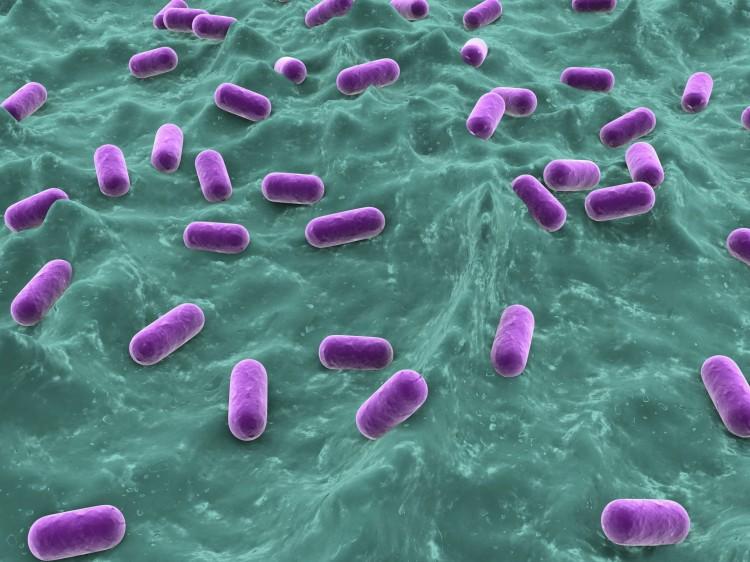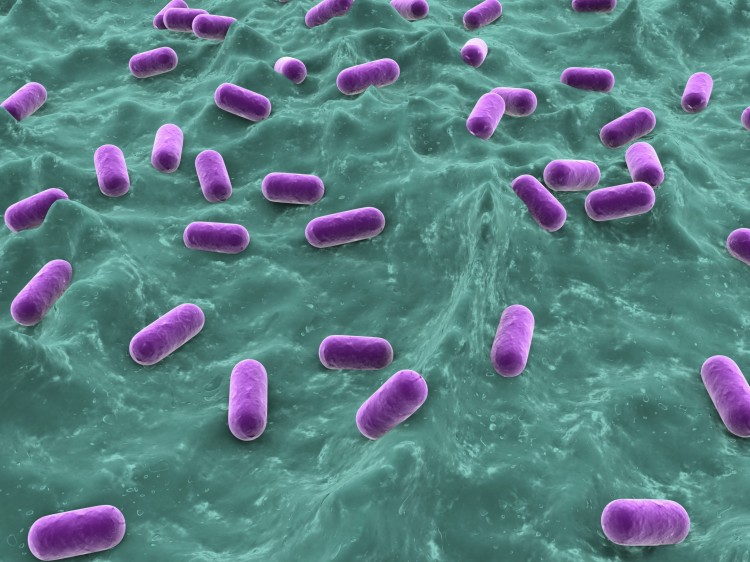Superbugs may become a thing of the past thanks to an antimicrobial solution designed to attract and kill bacteria. The technology could replace antibiotics as the main defense against bacteria.
The solution, shown to kill 99 percent of bacteria and fungi that contact it, is presently being applied in contact lens manufacturing and the development of animal care products. Future applications include a range of biomedical and consumer products, such as surgical implants and kitchen utensils.
“The coating can also be applied on biomedical objects, such as catheters and implants, to prevent bacterial infections, which is a serious cause of concern as many bacteria are now developing resistance to antibiotics—currently our main source of treatment for infections,” said Mary Chan of Singapore’s Nanyang Technology University in a media release.
The superbug killer is a sponge-like polymer carrying a positive charge that works like a magnet, attracting bacteria, which carry a negative charge in their cell walls. When drawn into the pores of the coating, the bacteria die due to rupture of their cell walls. It is therefore very difficult for superbugs to develop resistance.
Based on the antibacterial coating, the new liquid solution is highly selective, killing only bacteria and fungi without damaging human cells.
Chan next plans to develop the solution into creams and lotions, which can disinfect and treat wounds such as lesions suffered by diabetic patients, killing antibiotic-resistant bacteria.
“Our long-term goal is to develop this into an ingestible form, so it can effectively treat bacterial infections within the body, such as pneumonia and meningitis, replacing antibiotics as the standard treatment,” she said.
Chan aims to develop the solution into an antibiotic replacement ready for use within the next five years.
The research was published in the journal Advanced Materials.
The Epoch Times publishes in 35 countries and in 19 languages. Subscribe to our e-newsletter.





